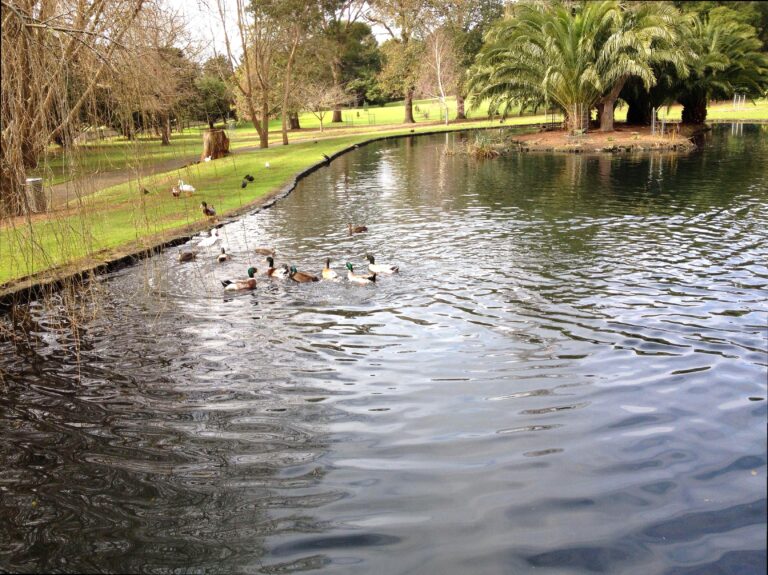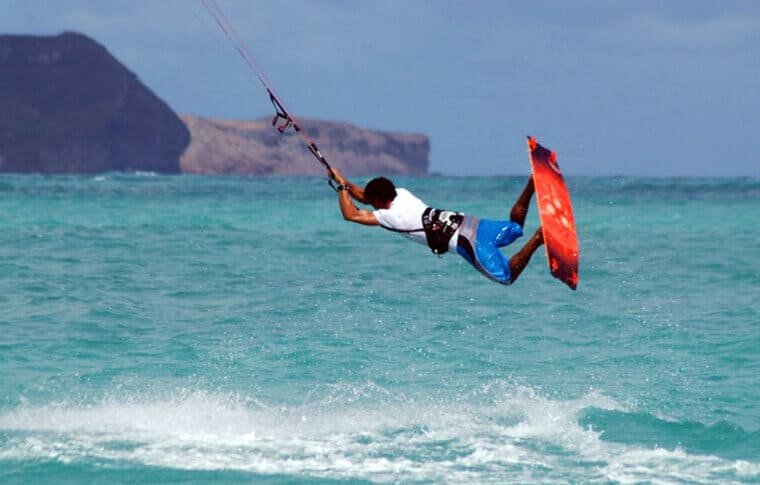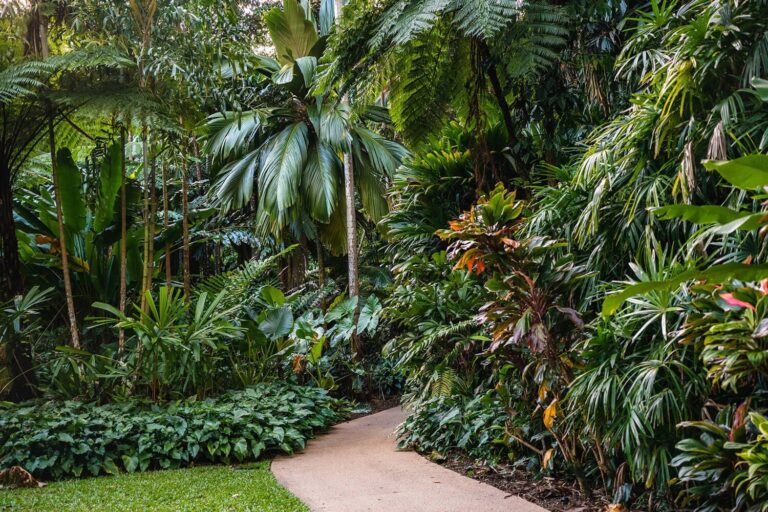
Camping on the Great Barrier Reef Islands offers an unparalleled blend of adventure and natural beauty, providing visitors with an opportunity to immerse themselves in one of the most breathtaking ecosystems on the planet. From vibrant coral reefs to pristine beaches, these islands present a unique environment that boasts rich marine life and stunning landscapes. Whether you are a seasoned camper or a novice explorer, the Great Barrier Reef offers diverse experiences that cater to all levels of outdoor enthusiasts. The combination of serene camping spots and thrilling water activities makes it a must-visit destination for any adventurer looking to connect with nature.
Choosing the Right Island for Your Camping Trip
The Great Barrier Reef comprises over 900 islands, and picking the right one for your camping adventure can be overwhelming. It’s essential to consider various factors such as accessibility, available facilities, and the types of activities you wish to pursue. Some popular islands for camping include:
-
- Fraser Island: Known for its freshwater lakes and stunning sand dunes, it is perfect for hiking enthusiasts.
- Heron Island: A marine park that attracts divers and snorkelers looking for underwater adventures.
- Lady Elliot Island: Renowned for its clear waters and vibrant coral, ideal for bird watchers and eco-tourism.
- Green Island: Perfect for families looking for accessible beaches and basic camping amenities.
- Hook Island: A quieter option for those seeking solitude and pristine nature.
Researching each island’s unique offerings will help you pick a destination that aligns with your camping style and interests. Be sure to check for permits or reservations in advance, as some islands have limited camping sites to preserve the natural environment.
Essential Camping Gear and Equipment

Proper preparations are key to enjoying your camping experience on the Great Barrier Reef Islands. Here’s a list of essential camping gear to pack to ensure comfort and safety:
-
- Quality tent: Choose a lightweight, waterproof tent that can withstand wind and rain.
- Sleeping gear: Use sleeping bags suited to the current climate, along with an inflatable mattress for comfort.
- Cooking supplies: Bring a portable stove, fuel, and basic cookware; do not forget utensils and food storage containers.
- Safety gear: A first aid kit, insect repellent, and reliable navigation tools (like a map and compass) are essential.
- Beach and water gear: Snorkeling equipment, beach towels, swimwear, and reef-safe sunscreen are must-haves.
Investing in quality gear not only enhances your camping experience but also ensures your safety as you explore the islands. Depending on the island, you may also want to consider bringing additional items such as hammocks, solar chargers, or portable water filters.
Activities to Enjoy While Camping

While camping on the Great Barrier Reef Islands, you have the opportunity to engage in numerous activities that allow you to explore both land and sea. Some popular activities include:
-
- Snorkeling and Diving: Experience the vibrant underwater world by snorkeling or diving among colorful coral reefs.
- Hiking: Many islands offer fantastic hiking trails that lead you through lush forests to stunning viewpoints.
- Wildlife Watching: Look out for unique wildlife such as sea turtles, dolphins, and a diverse range of birds.
- Fishing: Enjoy a peaceful fishing experience, either from the shore or by boat.
- Campfire Nights: Gather around a campfire to share stories and enjoy the spectacular night sky.
Each island offers its own set of activities tailored to the natural environment and your personal preferences, making it easy to fill your days with adventure and exploration.
Respecting the Environment: Leave No Trace Principles

While enjoying your camping adventure, it’s essential to respect the fragile ecosystem of the Great Barrier Reef. Following Leave No Trace principles ensures the conservation of this unique environment for generations to come. Some key principles to consider include:
- Plan ahead: Research and understand the specific regulations and guidelines for your chosen island.
- Travel on durable surfaces: Stick to marked paths and designated camping sites to minimize your footprint.
- Dispose of waste properly: Pack out all trash and dispose of waste in designated areas, keeping the environment clean.
- Respect wildlife: Observe animals from a distance, and never touch or feed them.
- Leave what you find: Preserve the natural beauty of the islands by not collecting rocks, plants, or artifacts.
By adhering to these principles, you not only contribute to the preservation of this UNESCO World Heritage site but also enhance the experience for fellow campers and visitors.
Conclusion
Camping on the Great Barrier Reef Islands is a unique adventure that allows you to connect with nature, explore breathtaking landscapes, and create lasting memories. With the right preparation, essential gear, and a focus on environmental responsibility, your camping trip will be both enjoyable and sustainable. Whether you’re snorkeling among coral reefs, hiking through lush trails, or simply relaxing by the beach, the beauty of the Great Barrier Reef Islands captivates every adventurer. So gather your friends or family, set your itinerary, and embark on an unforgettable camping adventure that showcases the wonders of one of the world’s most iconic natural environments.
FAQs
Yes, most islands require permits for camping to manage visitor numbers and protect the environment, so it’s essential to check with local authorities before your trip.
2. What is the best time of year to go camping on the Great Barrier Reef Islands?
The optimal time for camping is during the dry season, from May to October, when the weather is mild and ideal for outdoor activities.
3. Can I rent camping gear on the islands?
Some islands offer rental options for camping gear, but it’s advisable to check availability in advance and consider bringing your own for convenience.
4. Are there any facilities available for campers on the islands?
Facilities vary by island; some may offer basic amenities like toilets and showers, while others have more limited services. Researching your chosen island is recommended.
5. What should I do in case of an emergency while camping?
In emergencies, use your first aid kit, contact local authorities if needed, and familiarize yourself with the nearest emergency services before you head out.




